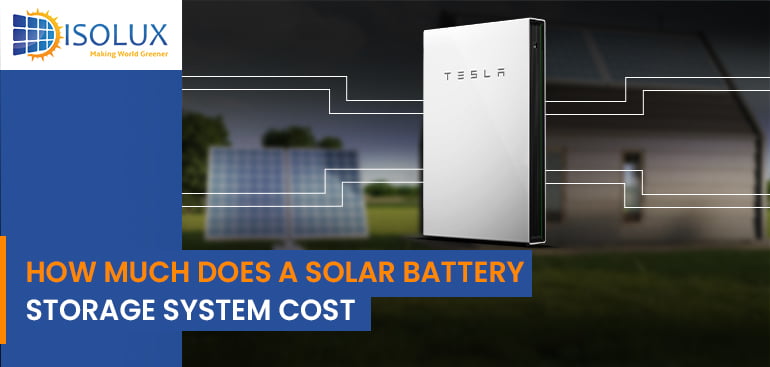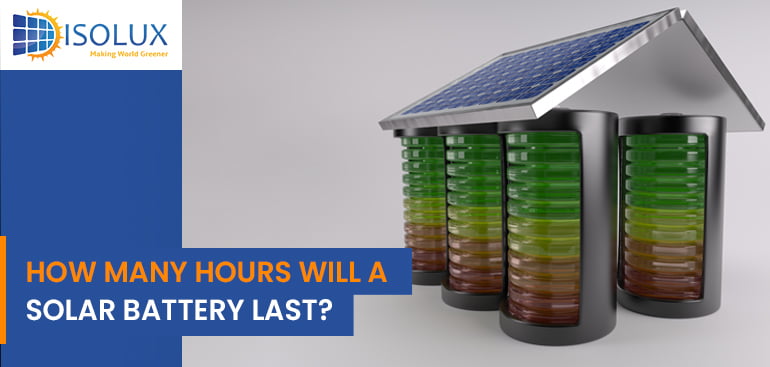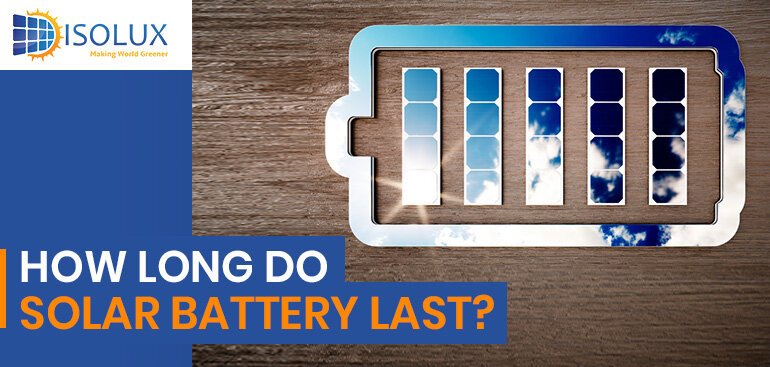The shift towards renewable energy sources has led to the rise of solar energy as a popular choice for homeowners. Solar panels are an efficient and cost-effective way to generate electricity and reduce the dependence on traditional sources. However, to ensure a steady and reliable source of energy, many people are opting for solar battery storage systems. But is it worth the cost? This article will provide a comprehensive guide to help you make an informed decision.
How Much Does a Solar Battery Cost
The cost of solar batteries varies greatly depending on several factors, such as the size of the battery, the type of technology, and the brand. On average, a typical home solar battery system can cost anywhere from $5,000 to $10,000. However, the prices can reach upwards of $20,000 for larger battery systems.
Factors that Determine Solar Battery Cost
The cost of a solar battery system can be influenced by several factors, including:
Battery type: Different battery technologies such as lithium-ion, lead-acid, and nickel-cadmium batteries have varying costs.
Capacity: Larger battery systems generally cost more.
Brand and manufacturer: The brand and manufacturer of the battery can also affect the cost.
Efficiency and performance: Batteries with higher performance and efficiency tend to be more expensive.
Installation and maintenance costs: The cost of installation, maintenance, and repair can also impact the overall cost of a solar battery system.
How Solar Batteries Work
Solar batteries store excess energy generated by solar panels for later use. They work by taking in DC electricity generated by solar panels and converting it into usable AC electricity. The stored energy can then be used during periods of low sunlight or at night, ensuring a continuous supply of power.
There are two main types of solar batteries: Lithium-ion and lead-acid batteries. Lithium-ion batteries are lighter, more efficient, and have a longer lifespan, making them a popular choice for homeowners. Lead-acid batteries are more traditional and have been used for many years in backup power systems, but they are heavier and have a shorter lifespan.
The charging process for solar batteries occurs when excess energy generated by the solar panels is directed toward the battery instead of being sent back to the grid. Once the battery is fully charged, it will automatically divert any excess energy back to the grid. When energy is needed, the battery will release stored energy to power your home.
Solar batteries also have built-in inverters and management systems that help regulate and manage the flow of energy to and from the battery. This helps ensure that the battery operates efficiently and safely.
Benefits of Solar Battery Storage
1. Increased Energy Independence
One of the biggest benefits of solar battery storage is increased energy independence. By storing excess energy, homeowners can reduce their reliance on the grid and become less vulnerable to power outages and price hikes. This can lead to significant cost savings in the long run.
2. Enhanced Energy Efficiency
Solar battery storage systems can also enhance the efficiency of your solar panels. By storing excess energy during periods of high sunlight, you can ensure that this energy is used during periods of low sunlight, increasing the overall efficiency of your system.
3. Lower Energy Bills
With a solar battery storage system, you can use the stored energy during peak hours, when energy prices are highest. This can lead to significant savings on your monthly energy bills.
Are Solar Batteries Worth the Extra Cost?
Whether solar batteries are worth the extra cost depends on several factors, such as:
Energy usage: If you use a lot of energy, especially during times when the grid power is expensive or unavailable, a solar battery system can be cost-effective in the long run.
Grid power reliability: If you live in an area with unreliable grid power, a solar battery system can provide a reliable source of backup power, which can be worth the extra cost.
Financial incentives: Government incentives and subsidies can help offset the cost of a solar battery system, making it more affordable.
Long-term savings: By storing excess solar energy generated during the day, a solar battery system can reduce your reliance on grid power, leading to long-term savings on your energy bills.
Do Solar Panels and Solar Batteries Make a Great Pair?
Yes, solar panels and solar batteries make a great pair. Solar panels generate electricity from the sun, while solar batteries store that electricity for later use. This combination allows you to:
1. Store excess solar energy for use when the panels are not generating power, such as at night or during cloudy weather.
2. Reduce your reliance on grid power, leading to long-term savings on your energy bills.
3. Provide backup power during outages, ensuring a continuous supply of electricity even when the grid is down.
4. Maximize the use of your solar panels by storing excess energy during the day for use when demand is high, such as in the evening.
Conclusion:
In conclusion, solar battery storage can provide a range of benefits, including increased energy independence, enhanced energy efficiency, and lower energy bills. However, it’s important to consider the cost, energy usage, and climate in your area when making a decision. With the right system, solar battery storage can be a cost-effective solution for homeowners looking to reduce their dependence on traditional energy sources and achieve greater energy independence.
Our Solar and Battery Solutions are designed to help you get the power you need without breaking the bank. Get a Free Quote from Isolux solar for solar battery storage system.
Read Next Blog:




